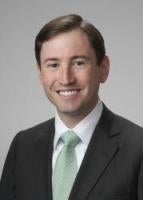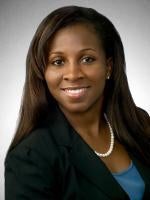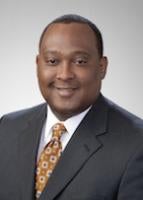Nine Justices of the Supreme Court and three oral advocates held over 100 spectators at bay for just over an hour as they debated—of all things—patents. Today’s case, Alice Corp. vs. CLS Bank, was not a first. Four times in the past five years the nation’s highest Court has tried to answer what seems an easy question: What is patentable subject matter? Today, the focus turned to software.
The entire room craved certainty, but Justices across the bench expressed skepticism over a rigid test that would allow or deny software patents as a matter of law. The Court seemed inclined to uphold the flexible approach that it adopted four years ago in Bilski v. Kappos. In that case, the Court held that abstract ideas are not patentable. Unless the Justices overturn Bilski (which they seemed reluctant to do), the patentability of Alice’s claims—covering a system, method, and computer medium for reducing settlement risk in financial transactions—will come down to whether those claims are too abstract for patent protection. Although this flexible approach would leave intact the current Patent Office guidelines for software-type patent claims, it will do little to ease the uncertainty regarding the difference between an abstract idea and a patentable software invention.
Perhaps recognizing the Court’s reluctance to abandon its precedent, Alice’s counsel argued that the claims at issue were not as abstract as the claims in Bilski. Unfortunately, determining what is an abstract idea is a tall order. The first question of the morning, by Justice Ginsburg, asked Alice’s counsel to explain how the intermediate settlement of financial transactions is less abstract than the financial method at issue in Bilski. Alice’s answer seemed unconvincing (Ginsburg raised the issue again as her last question).
From there, the Justices volleyed questions exploring whether the addition of a computer transforms abstract ideas into patentable inventions. In one lengthy exchange, Justice Breyer characterized Alice’s invention as a method of using a computer to control solvency by monitoring and stopping the flow of funds. He then compared it to King Tut’s method of using an “Abacus Guy” to monitor and stop the flow of gold, and his mom’s method of monitoring and stopping the flow of funds out the Justice’s checkbook. He asked: What is the difference between “Abacus Guy” saying “STOP!”, mom saying “STOP!”, and a computer saying “STOP!”? What of these is patentable?
In answering the question, Alice advocated for a narrow subject-matter bar (limited to fundamental truths, mathematical formulas, and laws of nature) and argued that other patent criteria—novelty and non-obviousness—should be the gate keepers. The Solicitor General argued on behalf of the United States for a broad subject-matter bar that would prohibit business-method and software patents unless the software itself is an improvement to technology (including computing technology) or science. CLS’s counsel took the safe approach and urged the Court to just apply Bilski to Alice’s claims.
In two sides warring for and against software patents, CLS seems caught in the cross hairs and has taken a backseat to a fight it started in 2007. Perhaps that is a good thing for CLS. By not advocating the Court to revisit its jurisprudence, CLS has provided the Court a narrow way out. Indeed, today’s arguments ended like they began—with questions seeking to determine what constitutes an abstract idea. A decision is expected by the end of June 2014.




 />i
/>i
